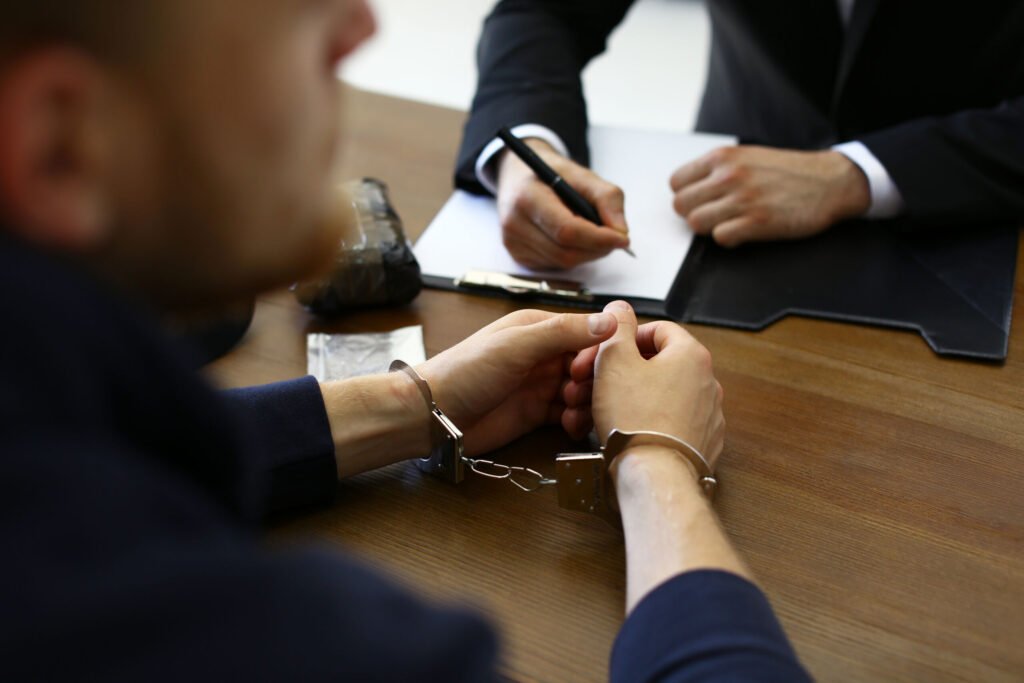Digital evidence has become a cornerstone of many criminal cases in today’s legal landscape. Emails, text messages, social media posts, GPS data, and files from computers or mobile devices are now frequently introduced in courtrooms to support allegations.
This type of evidence can seem compelling, but it is not always as straightforward as it appears. For someone accused of a crime, digital evidence can pose significant challenges, especially when it is presented out of context or mishandled during collection. A criminal justice lawyer plays a pivotal role in examining this type of evidence, challenging its reliability, and protecting the rights of the accused.
Building a solid defense involves more than just understanding legal principles; it requires technical awareness, strategic thinking, and the ability to question the integrity of digital data. Lawyers must navigate a complex mix of technology and law to ensure fair treatment and prevent wrongful convictions based on flawed or incomplete evidence.
Defending Rights in the Face of Digital Evidence Challenges
Approach to Defending Against Digital Evidence
The defense strategy begins with a detailed review of how the digital evidence was gathered, stored, and presented. Chain of custody is a critical concern because any break in this process can compromise the reliability of the evidence. Lawyers assess whether law enforcement followed proper procedures when seizing devices, extracting data, and preserving it without alteration.
Issues like unauthorized access, lack of appropriate warrants, or mishandling can be grounds for challenging the evidence’s admissibility. A lawyer will also scrutinize the forensic methods used to retrieve the data, questioning whether the tools applied were valid and if any errors occurred.
At firms such as Moermond & Mulligan, LLC, defense teams often collaborate with forensic consultants who help analyze technical reports and uncover weaknesses in the prosecution’s claims. Understanding how digital footprints can be manipulated, misunderstood, or misattributed allows a defense lawyer to present alternative explanations and create reasonable doubt about the prosecution’s narrative.
Unpacking the Complexity of Digital Footprints
Digital evidence might appear straightforward on the surface, but its complexity often tells a different story. Files can be altered, timestamps can be changed, and third parties can plant data without the accused’s knowledge. A crucial part of building a defense involves highlighting these vulnerabilities to the court.
Lawyers must also ensure that juries understand the limitations of digital evidence, especially in cases where technical jargon can cloud clarity. Another challenge is addressing the context in which digital communications occur—an incriminating message, for example, may have been taken out of context or misinterpreted without understanding the broader conversation.
Moreover, devices such as smartphones and computers are often shared among multiple users, raising questions about who is responsible for the digital activity. By unpacking these complexities, a defense lawyer works to show that what seems like damning evidence might not be as definitive as the prosecution claims, keeping the focus on fairness and due process.
Protecting Constitutional Rights in the Digital Realm
Digital evidence raises significant constitutional questions, particularly about privacy and lawful searches. The Fourth Amendment protects against unreasonable searches and seizures, but applying these protections in digital spaces can be murky.
Lawyers closely examine whether search warrants were specific enough and whether the scope of a digital search was limited correctly to what was authorized by the court. Overbroad searches that sweep up irrelevant personal data can violate constitutional rights and may lead to portions of the evidence being excluded from trial. Defense attorneys work to hold law enforcement accountable to these legal standards, ensuring that their clients’ rights are not eroded simply because the evidence is digital.
Courts have increasingly recognized the need for strong safeguards in this area, but disputes still arise regularly, making vigilance essential. A well-constructed defense pushes back against overreach and reinforces the principle that constitutional protections remain paramount even in the digital age.
The Ongoing Evolution of Digital Evidence Defense
As technology evolves, so too do the challenges surrounding digital evidence. New platforms, encryption methods, and data storage systems continually reshape the landscape, requiring defense lawyers to stay informed about the latest developments. Emerging issues like cloud storage and biometric data introduce new access, privacy, and reliability questions.
Defense teams often engage in ongoing education and consultation with technical experts to remain prepared for these shifting dynamics. Legal precedents are also developing, courts setting new standards for treating digital evidence. By staying ahead of these changes, defense lawyers position themselves to craft more effective strategies that address both current technologies and those on the horizon.
This ongoing adaptation ensures that clients receive robust representation, even as the legal and technical environment grows increasingly complex. The intersection of law and technology demands continuous learning and vigilance to protect individual rights and uphold the justice system’s integrity.
The Critical Role of Skilled Legal Defense in Digital Cases
Defending against digital evidence requires a meticulous, informed, and strategic approach that blends legal knowledge with technical understanding. A criminal justice lawyer’s role is to scrutinize every aspect of how evidence is collected, analyzed, and presented, ensuring that it meets legal standards and respects the rights of the accused.
By identifying flaws, raising constitutional challenges, and clarifying technical issues for the court, defense lawyers play an essential part in safeguarding fairness in the justice system. Digital evidence, while powerful, is not infallible, and without proper defense, it can lead to unjust outcomes. Defense lawyers work to achieve balanced and just results through thorough preparation, collaboration with technical experts, and dedication to upholding legal protections.
As technology advances, the importance of robust defense strategies only grows, reinforcing the critical need for vigilance, precision, and commitment in cases where digital evidence takes center stage.
